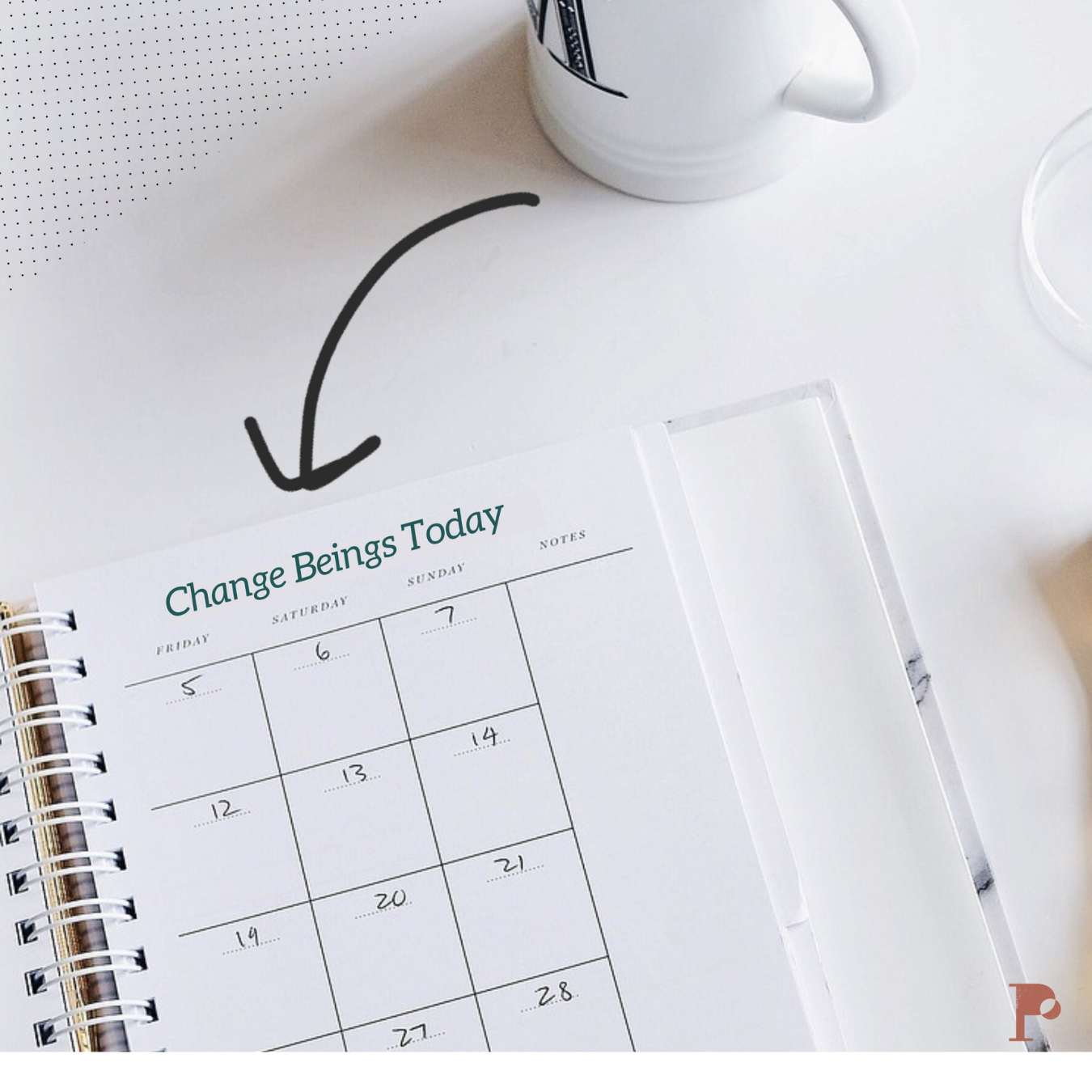There are myths we all believe about productivity and time. Myths we buy into without even realizing it. If I work harder, I’ll get there. If I sleep less, I’ll get more done. I’m just not wired that way. It’s not my responsibility. These perspectives and stories can be a road block without us realizing they are holding us back.
Time is finite. Each human is allotted the same amount of time every day: 24 hours, 1,440 minutes. No more, no less. The person who seems ultra-productive doesn’t have any more time than the person who never seems to get much accomplished.
There are few things in life that are available equally to every person, regardless of social or economic status. Time is one of them; a level playing field for everyone each day. You don’t have to earn time. You don’t get to save time. You use what you have been given or squander it away.
Three (of the many!) myths about our time and calendars that we believe are:
-
- I can make up for lost time
- I don’t have enough time
- I’m not in control of my time
I can make up for lost time.
It’s already been established that we have a finite number of hours in a day. It’s not like money where we can work overtime to make a few extra dollars to make up for the expensive purse you bought. Intellectually we know that we can’t get more hours in a day to “make up” for lost time, nor “work harder” to earn more, but our actions and planning don’t reflect this intellectual understanding. What is gone is gone and what lies ahead is all that we can make the most of. If you have the feeling of lost time, use that feeling to dictate how you spend your future time. (See post budgeting time like money.)
I don’t have enough time.
It can appear that your neighbor who is always sitting on the front porch enjoying her coffee while you’re yelling at your kids to get out the door with one shoe on, has more time than you. We all choose to use our time differently. If you had more time, would you really get more done or feel caught up? Probably not. It would be filled with more and not savored as “extra.” Time usually isn’t the problem, it’s how we are using our time that makes us feel like it will never be enough.
I’m not in control of my time.
Many women I work with feel like their time is not their own. It feels like it’s controlled by kids, activities, work, house projects and more. They are always left with the feeling that they are not spending time as they desire. We can be under the illusion that we are controlling our time, but time can’t be controlled. It’s like a moving conveyor belt, always running at the same speed. It moves forward with whatever we put on and off of it. If we let other people put items on there, it takes up our own space. We can help ourselves by realizing there will always be outside demands of our time, but it is under our “control” as to what goes on the moving belt.

Bust through the myths.
All of the myths we believe about productivity and organization can be argued. Defeating myths is about understanding how we perceive our time and creating awareness around those beliefs. Our perspectives about time are getting in the way of our productivity. There are decisions and methods that are within our power in order to be more productive, but to have success in any new system, we need to identify the habits and false stories that are getting in our way.
Casey Moore, author of Stop Organizing Start Producing says, “…habits…may lurk below your conscious awareness influencing your behavior even though your rational mind recognizes their inaccuracies…Let your behavior, not your brain, reveal what you believe—and to what extent you believe it.”
♦ Become more aware of the time you do have. Write out what hours of the day you have to do routine items such as sleep and hygiene, social or family obligations, volunteer work, household work, and work-related time. Consider this for each day of the week and weekend. When you see what time you have, you can more realistically plan.
♦ Know your values. Identify if how you spend your time is aligning with your values. If that’s in line, you wont live in the myths because you are confident that your time allotments reflect your values. Moore, says, “The clearer you are about what you want for your life, the more easily you can shape your time to create it.”
♦ Which comes first, task or time? Instead of seeing your calendar and trying to make all the to-do’s magically fit into a time slot that will inevitably bleed into personal hours, take each to-do and determine the amount of time it will take and place it wisely on your calendar.
♦ Understand your strengths, rather than looking at other people. We all manage time differently based on our jobs, but also based on how we are wired. You will be more productive and more satisfied if you are managing your calendar within your abilities. For example, I love my calendar on my phone, but if you are a paper person and need to see it, putting it on your phone won’t make you more productive. It will frustrate you, slow you down, and you’ll waste time trying to make it work.
♦ Less may be the key to more. We can only do so much in one day. It could be that you need to find a better means to managing your schedule and time, but most likely, you just need less on your plate. That may seem impossible for some to digest. But, if you don’t want to be so busy then you need to make hard choices on what to cut out. There is always something you can remove from your list or calendar, and it’s a matter of if you’re willing to make those hard choices..
Consider, what is the trade-off for not being intentional with your 1,440 minutes? Instead of living in the perspective of blaming time and others, let’s take the route of awareness and action.
How are you using this precious commodity of time?
Our beliefs and mindsets can hold us back from being productive or improve our productivity. They affect the way we experience life. Coaching and Organizing Sessions can help to slay the myths and open our eyes to perspectives that can improve our productivity and improve quality of life. Contact Michelle to explore options that could help you create a life that fits best for you.



